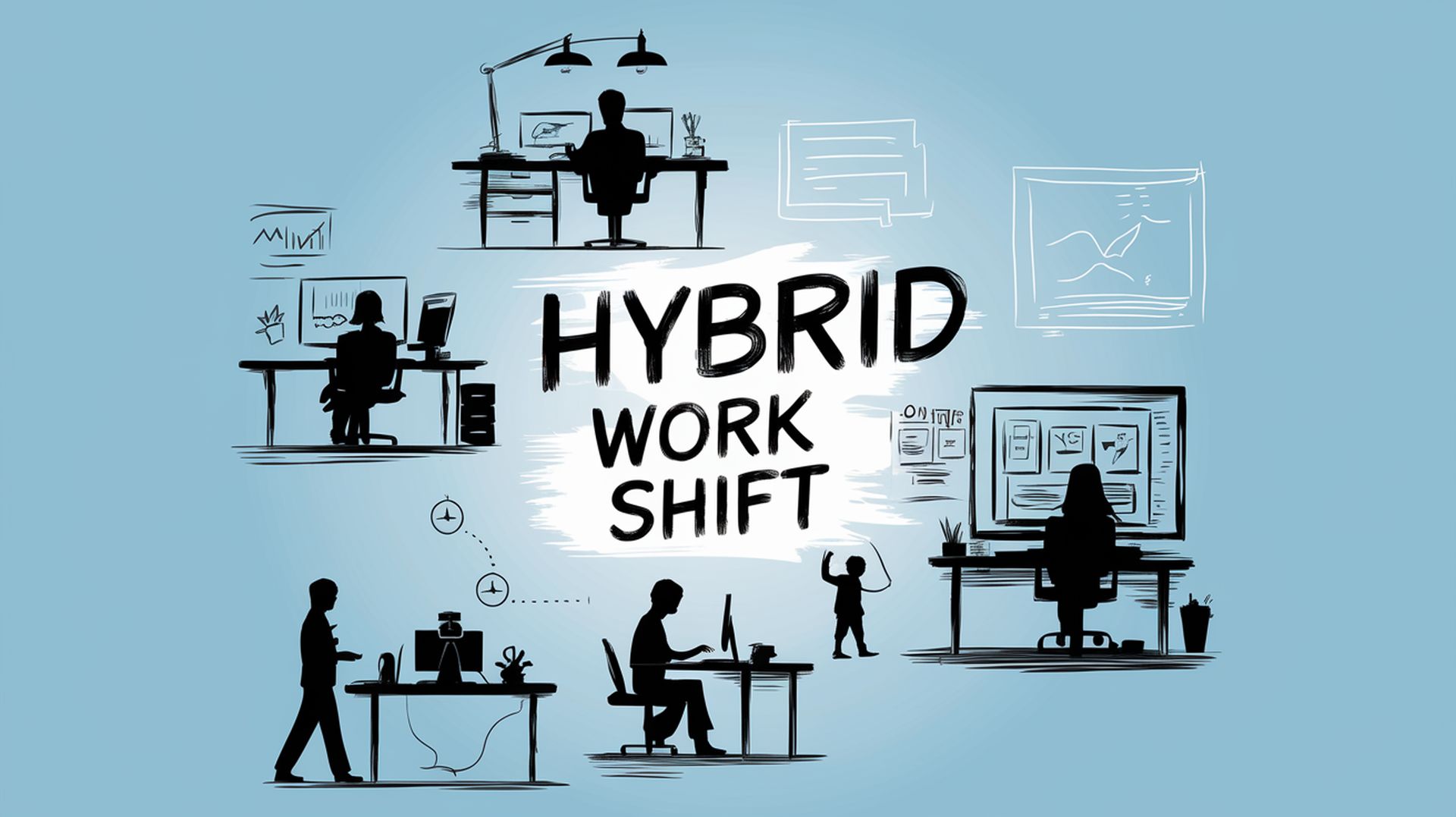Google and Microsoft have committed to hybrid work arrangements

Google and Microsoft have reaffirmed their commitment to hybrid work arrangements, assuring employees that they can continue to work remotely as long as productivity is maintained.
The announcement comes in stark contrast to Amazon’s recent decision to enforce a full-time return to the office (RTO), reflecting the varying approaches tech giants are taking regarding flexible work.
Google’s assuranceDuring a recent “TGIF” all-hands meeting, Google employees expressed anxiety about a potential increase in in-office requirements. In response, John Casey, Google’s Vice President of Global Compensation and Benefits, confirmed that the current three-day office attendance policy remains in place.
He emphasized the effectiveness of this model while reiterating the importance of being in the office for at least three days per week.
 At a recent all-hands meeting, Google employees expressed concerns about increased in-office requirements
At a recent all-hands meeting, Google employees expressed concerns about increased in-office requirements
Additionally, Alphabet CEO Sundar Pichai highlighted the need for employees to maintain productivity during remote workdays to support the company’s flexible policies. Despite these reassurances, some employees are still wary about a possible shift toward a full-time office return in the future.
Microsoft’s commitmentSimilarly, Microsoft has taken a stand to quell employee fears about reverting to a full-time office model. In an internal meeting, Scott Guthrie, Executive Vice President of Cloud & AI Group, assured staff that Microsoft has no plans to enforce a full-time return, responding to concerns that the company might align with Amazon’s recent policy changes.
However, Guthrie noted that this flexibility hinges on sustained high productivity levels.
The Amazon effectIn December 2023, Amazon announced its decision to require employees to work in the office five days a week starting in early 2024. In a letter to employees, CEO Andy Jassy indicated that the company’s three-day office policy had reinforced their belief in the advantages of in-person collaboration. He stated that being together in the office significantly benefits innovation, teamwork, and maintaining a strong corporate culture.
Amazon has a coffee-badging issue
This mandate has faced considerable backlash from Amazon employees, evidenced by an anonymous survey circulated within a Slack channel that revealed an average satisfaction rating of just 1.4 out of 5 for the RTO requirement. Moreover, a separate poll on the Blind forum found that 91% of respondents were dissatisfied with the new mandate, with nearly 73% considering leaving their jobs due to the policy shift.
The importance of flexibilityThe significant discontent among Amazon employees underscores the increasing demand for flexible working arrangements. A recent report from Owl Labs revealed that nearly half of workers would consider quitting if their company terminated hybrid working options in favor of a full-time office policy.
While working in the office offers advantages such as easier collaboration and stronger workplace connections, remote work provides a more fulfilling work/life balance for many employees. The debate over productivity remains contentious, as different individuals thrive in different environments.
 Nearly half of workers would consider quitting if their company ended hybrid working arrangements for a full-time office policy
Nearly half of workers would consider quitting if their company ended hybrid working arrangements for a full-time office policy
The contrasting policies of Google and Microsoft, which maintain hybrid work options, highlight the tech industry’s recognition of employees’ preferences for flexibility amid the fallout from Amazon’s RTO mandate.
As companies navigate the complexities of productivity and employee satisfaction, it becomes increasingly clear that flexible work arrangements may be vital for maintaining a motivated and productive workforce.
In the end, fostering a positive workplace culture may well depend on finding a balance that accommodates the diverse needs of employees in a post-pandemic world.
Image credits: Emre Çıtak/Ideogram AI
